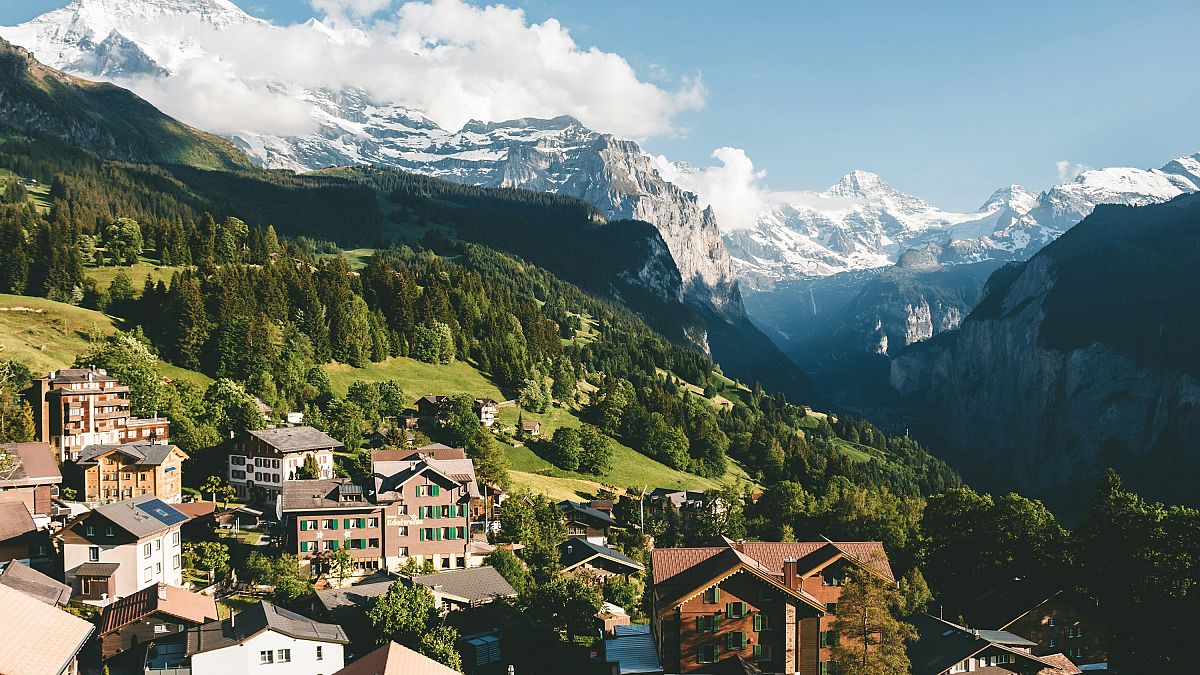Lauterbrunnen is a bucolic mountain village set in the natural scenic splendour of the Alps.
With velvet green valleys, towering cliffs and the sublime 300m-high Staubbach Falls, the area is an Intagrammable idyll.
Visitors now come in their droves, and the 2,400-resident-strong hamlet is struggling to cope.
This week, local authorities announced they were considering introducing a Venice-style tax on daytrippers in an effort to curb overtourism.
Swiss village become a victim of social media
There’s no doubt Lauterbrunnen makes for an arresting photo on social media - the thundering Staubbach Falls have been snapped thousands of times.
But the rush to get Instagrammable content of the sensational scenery is becoming a headache for residents.
Car parks and public transport are overwhelmed with visitors while the roads are strewn with rubbish. Rent prices are also rising as landlords take advantage of higher-paying tourists.
“We feel like employees in an amusement park,” village priest Markus Tschanz told Swiss public radio SRF last year.
Overcrowded Lauterbrunnen considers Venice-style entry fee
Local authorities have set up a working group to establish ways of managing the influx of tourists.
One proposal is to follow Venice and charge daytrippers a CHF5 (€5) to CHF10 (€10) entry fee, the Swiss news site Berner Zeitung reported last week.
Like in the canal city, visitors spending the day in Lauterbrunnen would have to pay using a smartphone app. However, the fee would only apply to those who arrive by car - if you arrive by public transport you won’t have to pay.
Guests who have booked overnight accommodation would also be exempt.
Should the measure get the green light, it won’t come into force this summer. There are several details to iron out first including how to introduce a fee for a natural area and how to carry out checks.
Critics have warned that entry fees do little to address problems with visitor numbers. This week, newly released data showed that Venice’s daytripper tax, currently in force under a trial period, has not reduced the flow of tourists.


